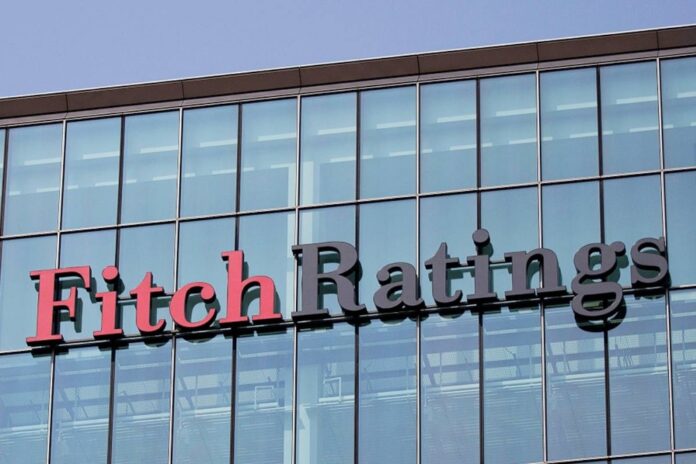Fitch Credit Rating Agency, Friday evening affirmed the sovereign credit rating of the State of Kuwait at rank (AA-) with a stable future outlook.
The agency said in a report published on its website that the main strengths in Kuwait’s credit rating “lie in its exceptionally strong financial and external budgets, while the main weaknesses include institutional restrictions and the absence of legislation that allows for the issuance of a public debt law since 2017, which affects reforms to address challenges.”
Fitch confirmed that “the general financial and external budget is among the strongest sovereign budgets that it classifies, expecting that the average net foreign sovereign assets will reach 505 percent of the gross domestic product during the years (2023-2024), to remain one of the highest rates among the classified sovereign countries,” 10 times higher than the average (AA “-”) ranking.
Most of the foreign assets are kept in the Future Generations Reserve Fund managed by the Kuwait Investment Authority in addition to managing the assets of the General Reserve Fund.”
The agency explained that the percentage of total government debt is still low at the level of 8.7 percent of the gross domestic product for the fiscal 2022-2023. It is expected that in the event of the issuance of the public debt law in fiscal 2024-2025, limited financial reform, and a decline in oil prices, the government debt will double to reach 24 percent of GDP in the fiscal 2025-2026 and will continue to rise in subsequent years due to the expected fiscal deficit.
Fitch said that with this scenario, expectations are that Kuwait’s total debt as a percentage of GDP will remain lower than its peers in the agency’s AA classification.
Regarding the most prominent structural challenges to public finances, the agency said that current expenditures constitute about 80 percent of total government spending, including salaries and government subsidies, while about 84 percent of citizens in the labor market work in the public sector.
Fitch added that the break-even price of the general budget, without taking into account investment income, will remain high on average at $90 per barrel during fiscal 2023-2024/2025-2026, and the non-oil primary deficit will constitute about 90 percent of the non-oil gross domestic product, much worse than its peers in the region.

















